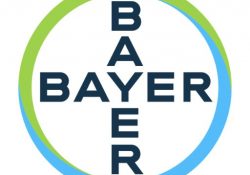2014, PhRMA discussion of India
PhRMA’s submission (7 February 2014, USTR-2013-0040) to USTR’s 2014 Special 301 Review requests USTR classify India as a Priority Foreign Country citing the fact that India “continues to embrace these damaging policies, especially its IP rules, by publicly highlighting them… Continue Reading
